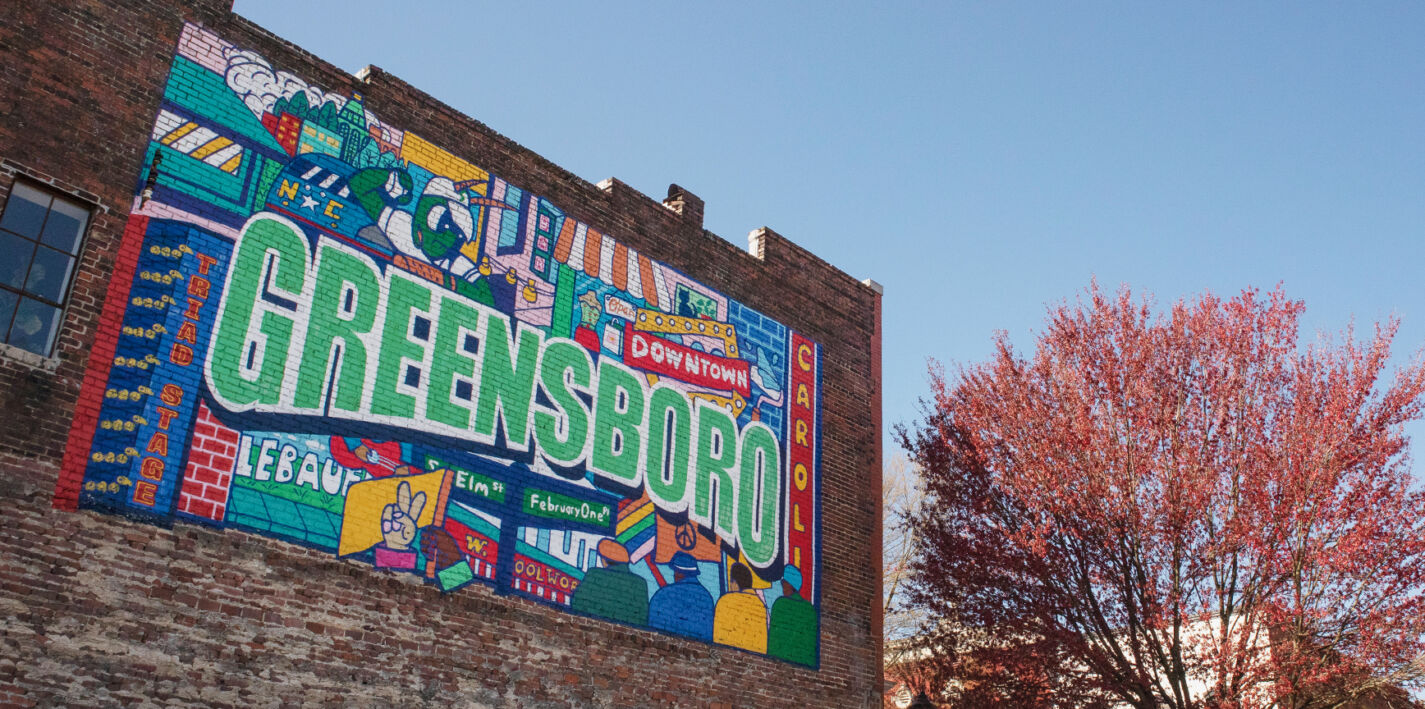Guilford County is considering an additional 1% Prepared Food and Beverage Tax, with the support of Greensboro Mayor Nancy Vaughan. Critics worry that could harm local restaurants as they recovers from the pandemic, while advocates say it will boost revenue for the county.
“The micro entrepreneurs in food and beverage are the backbone of any community’s small business economy,” said Algenon Cash, director of Triad Food & Beverage Coalition. “Mayor Vaughan shortsightedness will disproportionately harm mom and pop restaurants. Nearly 60% of restaurant sales go to food and labor, another 30% to fixed costs, so Mayor Vaughan request for another 1% of sales is actually 10% of profit.”
Since 1993, several counties have implemented a similar tax to get revenue for tourism programs or other community efforts. However, Greensboro and Guilford County residents have yet to encounter this added cost when ordering their favorite meal.

“Other counties have a revenue stream currently unavailable to Greensboro and Guilford County.” Vaughan told the Carolina Journal. “The purpose of a one percent prepared food and beverage tax is to create an annual revenue stream, funded in part by non-Guilford County residents (tourism dollars), to fund new capital investments for the arts, entertainment, and sports in an equitable manner that will benefit all residents.”
In Hillsborough, the tax generated more than half a million dollars for fiscal year 2023.
“When people learn how the money is spent to serve the local economy, the feedback is that it is money well spent,” said Hillsborough Mayor Jenn Weaver shared in an email to Carolina Journal.
“…when they can least afford it”
However, Lynn Minges, president and CEO of the North Carolina Restaurant and Lodging Association, is less enthused with the proposed charge.
“Coming out of the pandemic, restaurants are just now beginning their comeback…. An increased tax on your citizens and restaurant customers would hurt both consumers and food service establishments at a time when they can least afford it,” she wrote in a letter of protest to Mayor Vaughan in June.
Melvin Alston, chairman of the Guilford County Board of Commissioners and 8th district representative, shared a more favorable perspective on the tax. “I don’t think it will cripple any businesses. It helps bring in more activities to support them,” he said. “Other counties have this tax, and it is helping them tremendously.”
Dr. Toni Stewart, chairwoman of the Cumberland County Board of Commissioners and 2nd district representative says their tax increase “has enabled investments in facilities that promote tourism, encourage vibrancy, and enhance the quality of life in communities throughout Wake County.”
Still, with food prices climbing, economists worry about the impact to area households.
“After almost three years of near-record inflation, the last thing the people of Greensboro and Guilford County need is a tax that will make dining out even more expensive,” said Brian Balfour, Senior Vice President of Research at the John Locke Foundation. “The new tax will reportedly cost diners in Greensboro alone between $16 to $20 million a year. Especially during our current worker shortage, this added tax on the restaurant industry could cause them to cut back on hiring and salaries for current employees, harming workers – many of whom are working second jobs to make ends meet.”
“….need to compete with Raleigh and Charlotte.”
Matt Brown, Managing Director of the Greensboro Coliseum, and Richard Beard, President of the Greensboro Sports Foundation, are vocal advocates.
“We have developed robust tourism through sports, arts and culture, but mainly sports. We need this tax to compete in-state with Raleigh and Charlotte and compete out-of-state. We are putting a focus on tourism through arts, culture, and sports. We have some great facilities that attract these events that have been the catalyst for this, but we have to keep them up and stay competitive in state and out of state by building complexes to go after youth and amateur sports,” Beard told Carolina Journal.
Advocates estimate the tax will generate a revenue of between $16-20 million annually for Greensboro. The revenue generated is earmarked for the upkeep and improvement of facilities such as the Bryan Park Soccer Complex, the Coliseum Arena, and the Spencer Love Tennis Center.
“Undoubtedly the City of Greensboro can find other ways to finance their ideas for more entertainment and sporting without balancing the bill on the backs of dishwashers, cooks, and servers,” said Cash.